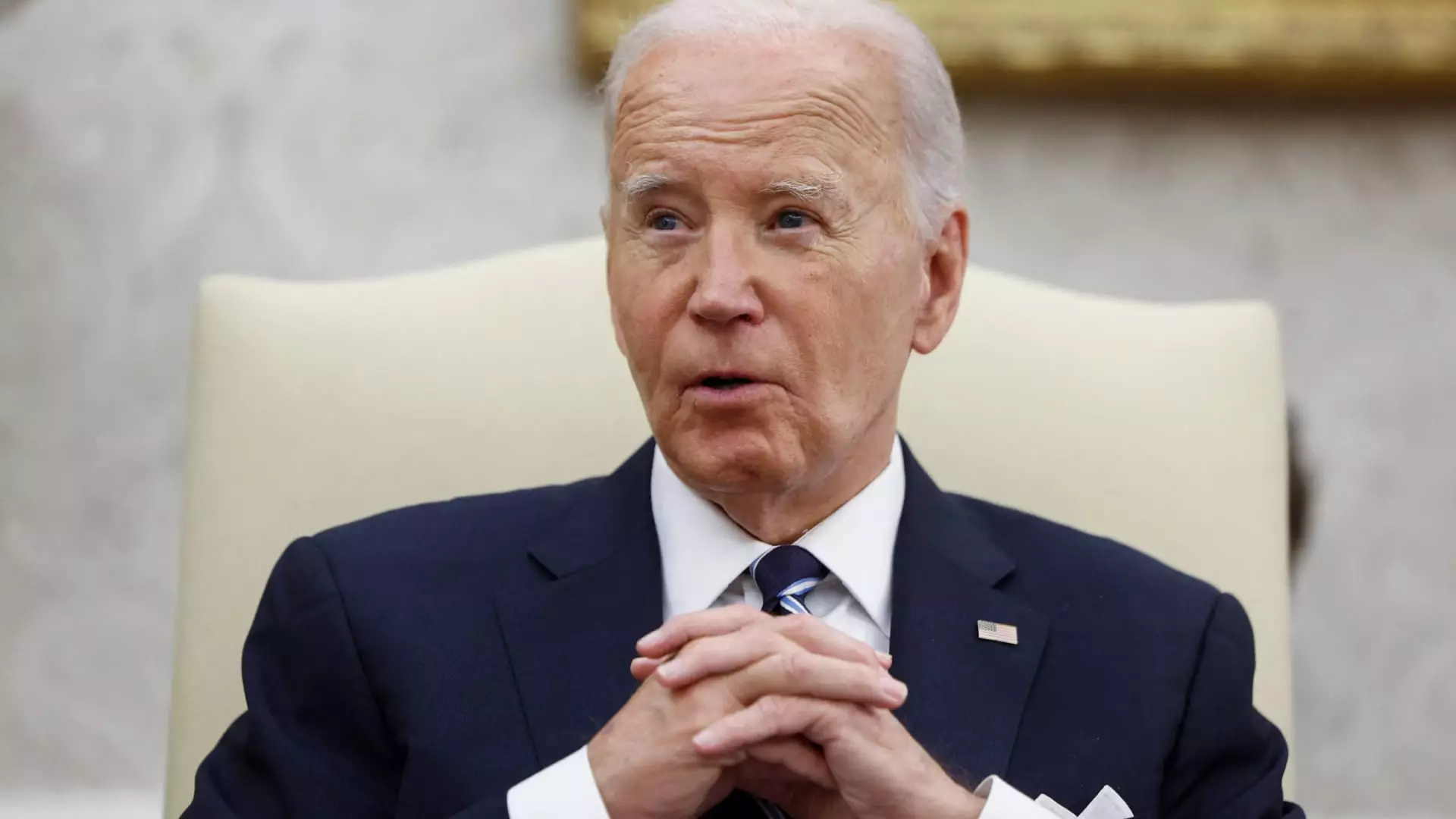As the political landscape intensifies with the elections on the horizon, U.S. lawmakers have successfully sidestepped an immediate government shutdown. However, a more significant challenge looms just weeks before the holidays, with urgent discussions about funding taking center stage now that the clock is ticking down to a new Congress and president taking office. The ability to navigate the complexities of the appropriations process will be critical, particularly since the urgency to fund federal agencies for the fiscal year 2025 remains unresolved amidst a divided government.
Time is of the Essence
The situation is precarious, with only a fleeting five weeks available for legislators to fulfill their funding obligations between Election Day and the year’s end. Despite bipartisan negotiators making progress on the 12 necessary appropriations bills, the window for passing these crucial measures is rapidly closing. The 2025 fiscal year funding is not just a routine task; it represents the allocation of resources essential for various governmental functions that directly affect the lives of millions of Americans. However, the consensus among experts and insiders is that the likelihood of a timely resolution through traditional appropriations appears bleak.
This has led to speculation that lawmakers may resort to a catchall omnibus spending package, an approach that has been the hallmark of political compromise in past years. Alternatively, they might choose to extend funding through a continuing resolution (CR) — a short-term solution that maintains current funding levels without a detailed budgetary framework. Both options leave stakeholders and agencies in a state of uncertainty as they depend on timely federal support to move forward with their agendas.
House Speaker Mike Johnson’s recent declarations set a distinct tone for the ongoing negotiations. His assertion that the era of omnibus spending packages “is over” highlights the challenges faced, not just in terms of fiscal responsibility but also due to the internal dynamics of the Republican Caucus. Johnson’s commitment is commendable, yet his control appears fragile, especially when confronted with a diverse range of opinions within his party. This discord raises questions about his ability to unify Republicans enough to provide a strong negotiating front.
Contrasting Johnson’s optimism is the perspective of several senior appropriators like Rep. Debbie Wasserman Schultz. Her insights reveal a pragmatic view of the legislative process that suggests the recurrence of an omnibus package is not merely possible but probable. The sentiment among seasoned lawmakers implies a recognition of the necessity for cooperation across party lines, which is often required to facilitate passage through both chambers of Congress. Yet, the complexity of ongoing political dynamics interjects unpredictability into the funding process.
The ramifications of the elections could dictate the negotiations significantly. A continuation of divided government is poised to foster heightened tensions and contentious discussions among lawmakers, potentially leading to deadlock or prolonged conflict regarding fiscal policy. Furthermore, should Republicans achieve sweeping victories across the House, Senate, and White House, they may prioritize alternative strategies like implementing another short-term funding measure to extend their influence into 2025 and thereafter.
The backdrop of divided governance amplifies concerns regarding how effectively Congress can navigate these pressing budgetary issues before the December deadline for funding expires. With government funding set to run out on December 20 and a need for consensus exacerbated by partisan divisions, lawmakers face not only procedural hurdles but also the challenge of maintaining political stability as they approach the critical junction of holiday break.
Looking Ahead: A Call for Bipartisan Cooperation
As the clock winds down, the call for bipartisan cooperation becomes ever more pronounced. It is critical for all parties involved to put aside ideological differences in favor of finding common ground that will ensure government functions effectively while serving the best interests of the American people. The impending deadline is not just a challenge; it also serves as an opportunity for lawmakers to demonstrate their commitment to governance through collaboration and mutual respect amid an often fractious political climate.
Ultimately, addressing funding issues effectively within the constraints of a fragmented Congress is crucial for the federal government to continue functioning and serving its citizens efficiently. The upcoming weeks will showcase the resilience or fragility of the American political system, reminding all that cooperation is essential in overcoming funding hurdles during such pivotal times.


Leave a Reply